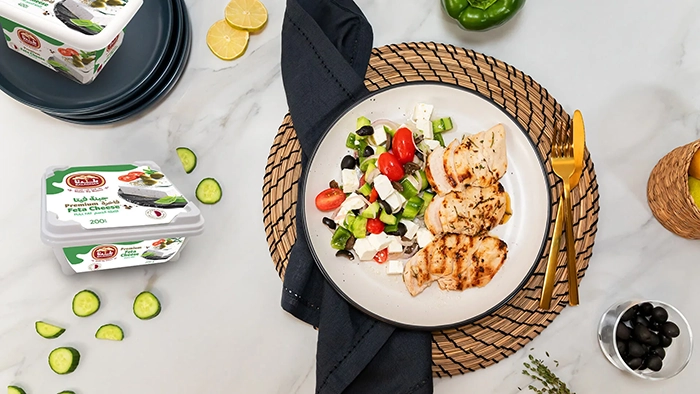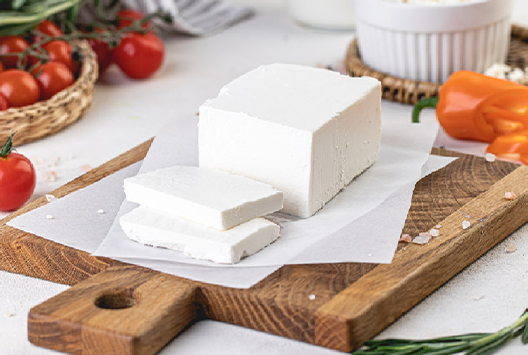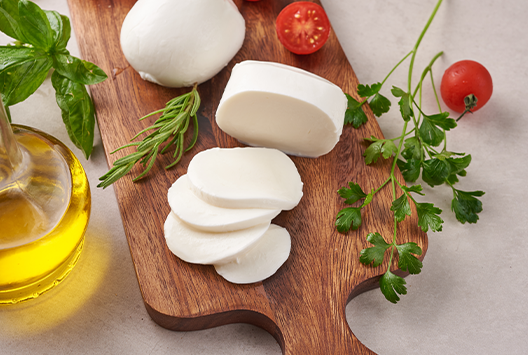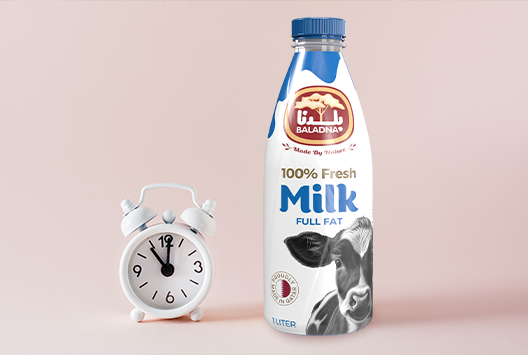
An Intro To Feta Cheese & Why It Should Be Part Of Your Diet
Feta cheese is an aged, white cheese that has been around for centuries. It is believed to have originated in the area of Greece known as Macedonia, although it is now produced in numerous other countries worldwide. Feta cheese is made from sheep's milk, which gives it its distinctive flavor. It is also sometimes made from a combination of sheep's and goat's milk.
The cheese is aged in a brine solution of salt, water, and vinegar, which gives feta its characteristic salty flavor. The brine also helps preserve the cheese and gives it a firmer texture. Once aged, feta cheese can be cut into cubes, crumbled, or sliced. It is often used as a topping for salads and pizzas, as well as in Greek dishes such as spanakopita.
But, how much do you really know about feta cheese? We’re here to tell you:
Why you should eat feta cheese
Calcium and B-12
Feta cheese is an excellent source of calcium, which is essential for strong bones and teeth. Calcium can also help reduce the risk of osteoporosis and other age-related bone diseases. Feta cheese is also a good source of phosphorus, which is important for healthy bones, teeth, and muscles. In addition, feta cheese contains Vitamin B-12, which helps form red blood cells and helps maintain a healthy nervous system.
Protein
Feta cheese is also a good source of protein. Protein is essential for muscle growth and maintenance. Eating feta cheese can help provide the necessary protein for a balanced diet. Feta cheese is also low in fat, with only around three to four grams of fat per one-ounce serving. This makes feta cheese an excellent choice for those trying to watch their fat intake.
Probiotics
Feta cheese also contains probiotics, which are beneficial bacteria that can help promote digestion and boost the immune system. Eating feta cheese can also help reduce inflammation in the body and can help protect against certain diseases.
How to eat feta cheese
There are many delicious ways to enjoy feta cheese. One of the most popular is to use it as a topping on salads or pizzas. Feta cheese pairs well with other ingredients like tomatoes, olives, and onions. It can also be added to sandwiches, wraps, and burgers for a delicious and salty twist.
Another way to enjoy feta cheese is by making a dip. Feta cheese is often combined with herbs and spices like garlic, oregano, parsley, and red pepper flakes to create a delicious dip that can be served with chips, crackers, or vegetables. It can also be used as a spread on sandwiches or wraps. Feta cheese can also be used in baking. It can be added to muffins, scones, and other baked goods for a salty and tangy flavor.
The best part about feta cheese is that it can be enjoyed as a snack on its own. Feta cheese is often cubed or crumbled and served with olives, tomatoes, and other vegetables. It can also be served with crackers and a drizzle of olive oil.
The bottom line
Feta cheese is a delicious and nutritious food that can be enjoyed in various dishes. Eating feta cheese can help provide the body with the nutrients it needs while also adding a unique flavor to dishes.
Baladna is 100% Qatari. We own one of the largest cattle farms in the region, spreading over an area of 2.6 million sqm. We provide authentic, fresh, and quality dairy products. If you are looking for delicious and high-quality food, Baladna products are the right choice for you. Check out our website for more information.






